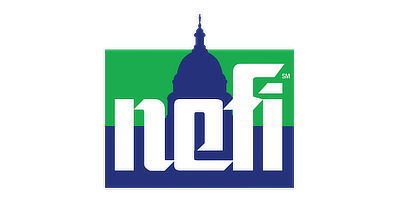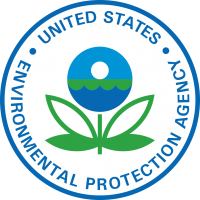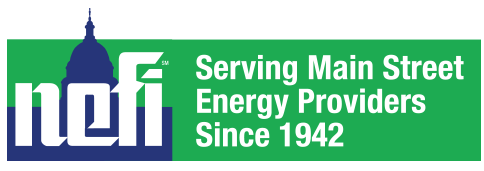In the past week, both Maryland and Massachusetts have announced delays in state implementation of the California Advanced Clean Trucks rule, which requires truck and engine manufacturers to sell an increasing percentage of Zero Emission Vehicles (ZEVs) and near-ZEVs through 2035. These are two of the ten states that adopted the California Air Resources Board's ACT rule, which is authorized under a waiver from EPA and is more stringent than federal rules.
Maryland Governor Wes Moore issued an Executive Order directing the Department of the Environmental to decline pursuing penalties associated with any ZEV delivery or sales shortfalls for Model Year 2027, and declining to pursue penalties for shortfalls in Model Year 2028 unless the Department publishes the Needs Assessment and Deployment Plan required by the Clean Trucks Act of 2023 by December 1, 2025.
It also mandates the Department use discretion to decline the application of enforcement provisions under ACT associated with any ZEV delivery shortfalls for Model Year 2027 and Model year 2028.
Moreover, the EO states that the Department shall make regulatory changes permitted by the Clean Air Act to ease any compliance burdens caused by changes in federal policy and establishes a working group to develop recommendations for how the ACT programs can be successfully implemented in Maryland.
In Massachusetts, the Department of Environmental Protection also announced the use of enforcement discretion for manufacturers that are unable to meet minimum electric truck sales required under the Advanced Clean Trucks program. Manufacturers that cannot meet those sales requirements will receive relief for Model Years 2025 and 2026, provided they make internal combustion engine trucks available to distributors seeking them.
But the 2023 waiver granted to CARB by the U.S. EPA is likely to be rescinded, either by congressional action under a resolution of disapproval per the Congressional Review Act, or by an EPA rulemaking withdrawing the waiver. Rescission of the waiver would mean that neither CARB nor the other ten states that adopted the CARB rule would be allowed to enforce the ACT requirements.

 Admin - 11:00 am -
April 22nd, 2025
Admin - 11:00 am -
April 22nd, 2025 







